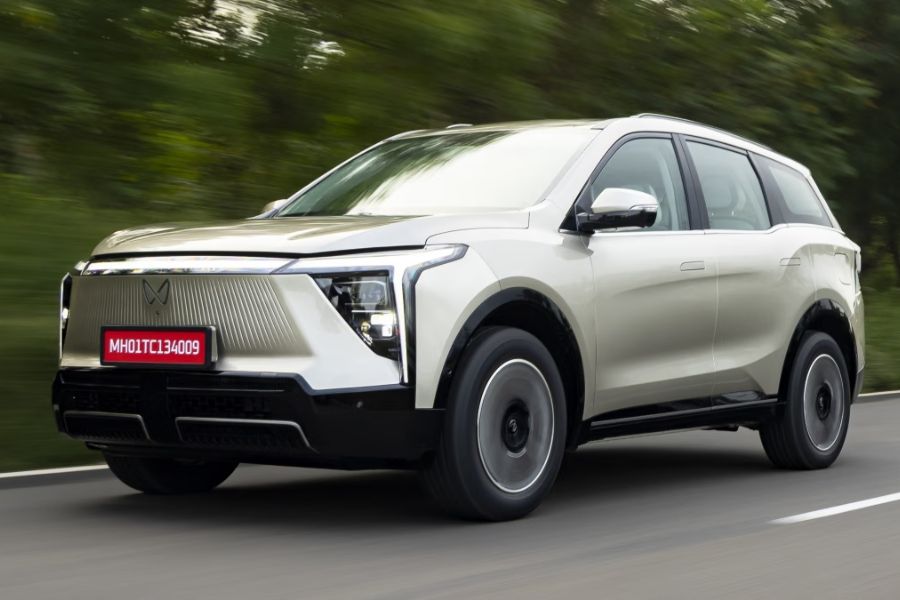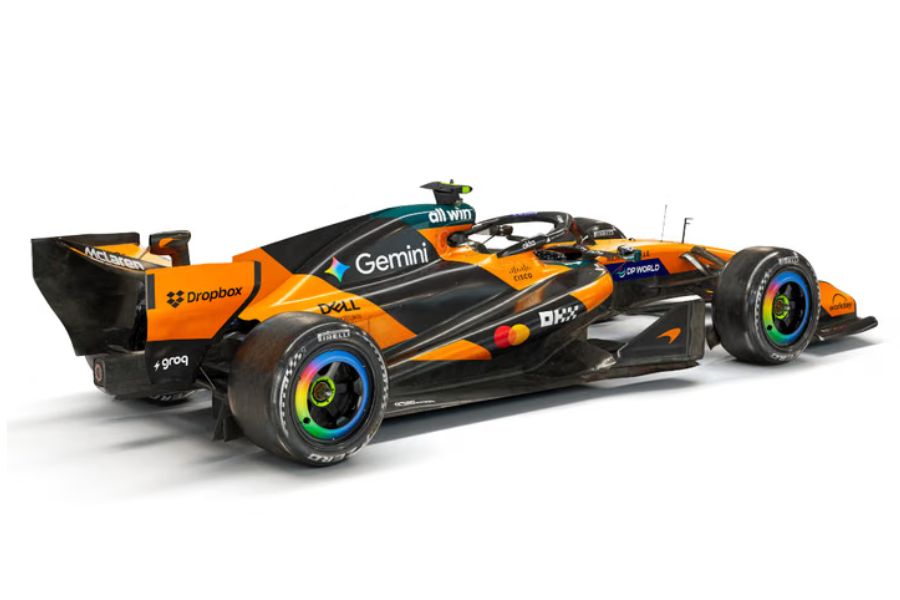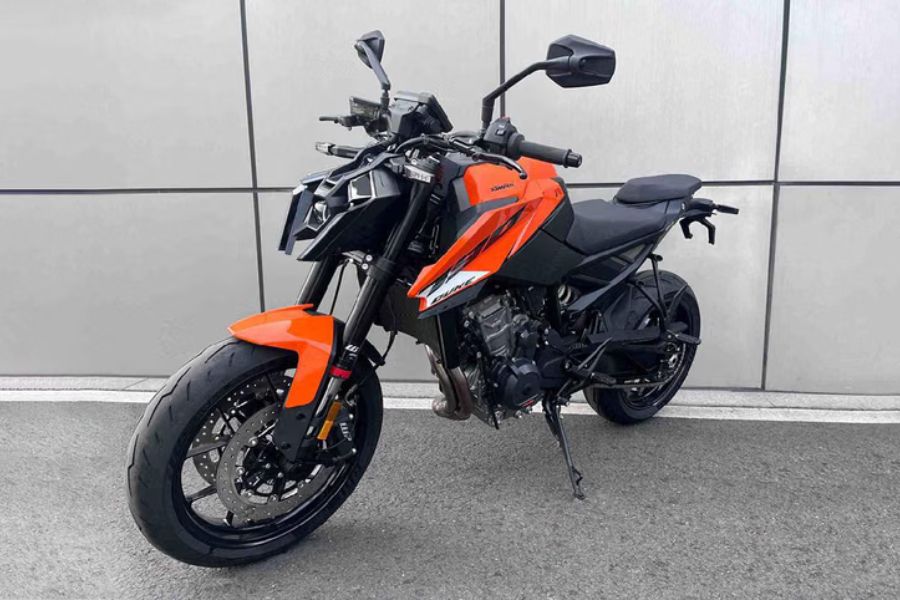The Indian government has officially launched a groundbreaking electric vehicle (EV) policy titled ‘Scheme to Promote Manufacturing of Electric Passenger Cars in India (SPMPCI)’, aimed at driving local EV production and attracting major global players to the Indian market.
Key Highlight: Import Duty Cut from 110% to 15%
Under this new initiative, the import duty on electric vehicles will be reduced dramatically—from 110% to just 15%—for select carmakers who commit to significant local investments. This bold move is designed to boost EV adoption in India and establish the country as a major EV manufacturing hub.
Eligibility Criteria: Investment and Revenue Requirements
To benefit from the reduced tariff, automakers must:
-
Invest a minimum of ₹4,150 crore (~USD 500 million) within three years.
-
Generate at least ₹10,000 crore in annual global revenue from automotive manufacturing.
-
Hold global automotive assets worth ₹3,000 crore or more.
The reduced import duty will be available for up to 8,000 premium electric vehicles annually, each priced above USD 35,000. The policy will be in effect for a five-year period, with unused import quotas allowed to carry forward.
Timeline & Milestones: Local Production is Key
Carmakers must meet the following progressive milestones to continue enjoying the benefits:
-
Achieve a turnover of ₹2,500 crore by year 2, ₹5,000 crore by year 4, and ₹7,500 crore by year 5.
-
Set up a local EV production facility by the end of year 3.
-
Achieve 25% local value addition (LVA) by year 3, and 50% LVA by year 5.
Investments can include costs related to manufacturing equipment, R&D, and charging infrastructure (up to 5% of the investment). Expenditures on land and buildings will be counted only if part of the main manufacturing facility, capped at 10%.
Carmakers Showing Interest
India’s revised EV policy has already garnered serious interest from several global carmakers. As per Union Heavy Industries Minister HD Kumaraswamy, companies such as Hyundai, Kia, Mercedes-Benz, Volkswagen, and Skoda have formally expressed interest in the scheme.
Tesla Opts Out of Local Manufacturing
Despite the policy push, Tesla is not expected to manufacture in India. While the company plans to enter the Indian market in 2025, it appears content with launching via direct imports, which would attract the full 110% duty under current rules.
“Tesla is not showing any intent to manufacture locally. They are focused on establishing showrooms only,” confirmed Minister Kumaraswamy.
Application Process to Begin Soon
An official online portal for SPMPCI applications will be launched in the coming months. Approval letters for eligible manufacturers are expected to be issued starting August 2025.
Conclusion
India’s new EV import duty policy marks a major step toward becoming a global EV manufacturing destination. By lowering barriers and encouraging local production, the government aims to fast-track EV adoption while boosting domestic capabilities in clean mobility.
Read More:




